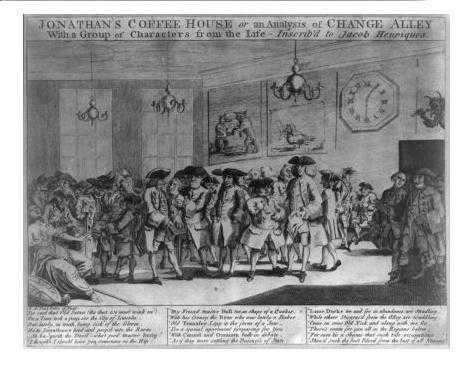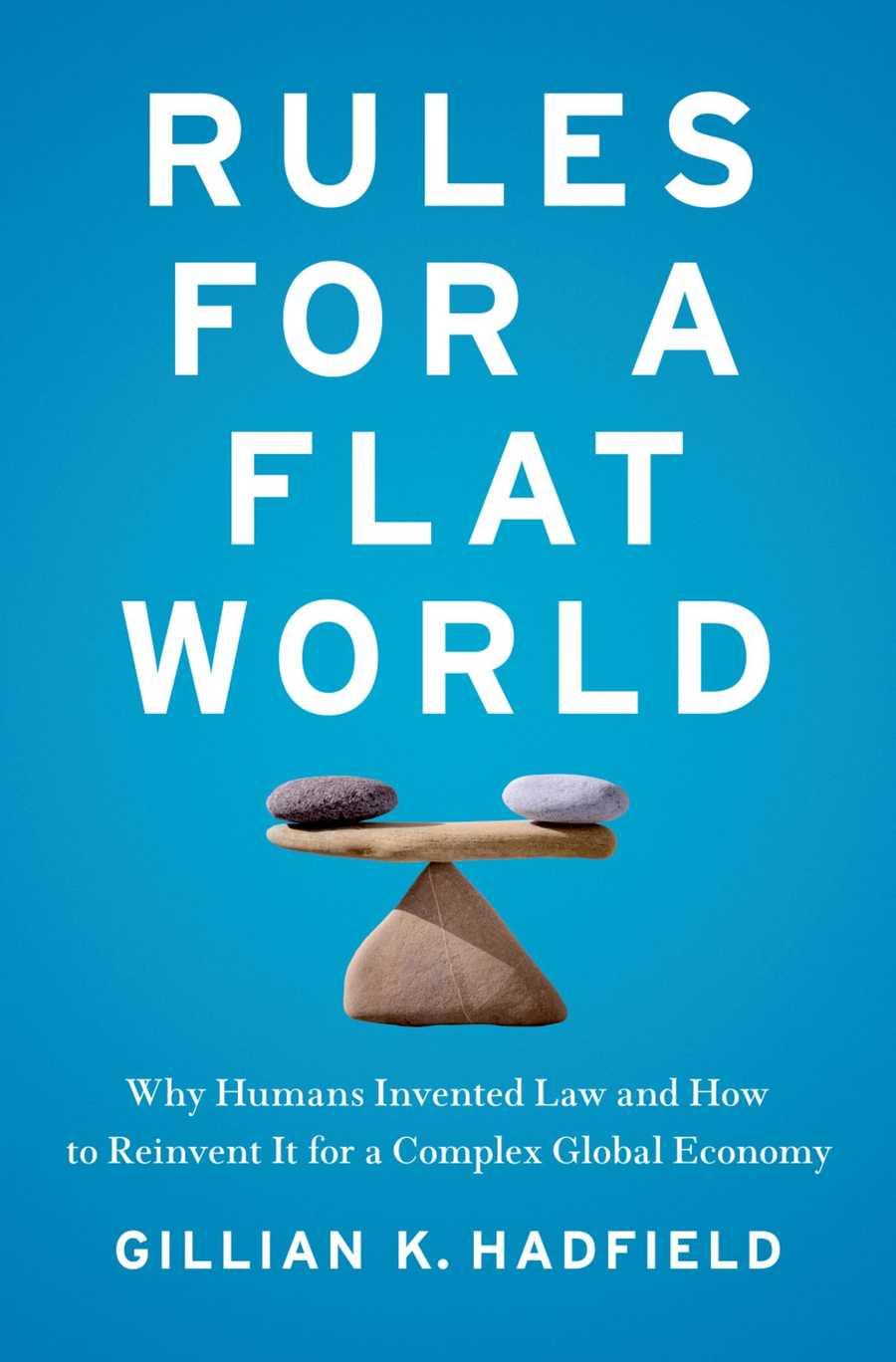How Kleros can secure the DeFi ecosystem...
Curated from: blog.kleros.io
Ideas, facts & insights covering these topics:
9 ideas
·144 reads
Explore the World's Best Ideas
Join today and uncover 100+ curated journeys from 50+ topics. Unlock access to our mobile app with extensive features.
A notable moment in world economic history was the creation of the joint stock company. It started in Amsterdam with the foundation of the Dutch East India Company and then in England.
By the end of the 17th century, shares of at least 150 corporations were traded at London's Royal Exchange, a market that also housed other merchants such as grocers, druggists and clothiers.
But the government looked down on the nascent stock market and, in 1696, passed an act to restrain the practice of brokers.
3
47 reads
Expelled from the Royal Exchange, brokers congregated in Change Alley between Cornhill and Lombard streets in the City of London. In 1700, when the city government prohibited them from meeting on the street, their main trading venue became Jonathan’s Coffee House.
A market flourished where traders engaged in surprisingly complex contracts including forwards and options. Interestingly, none of the agreements were enforceable in official courts of law. Yet people engaged in them nonetheless.
3
15 reads
Some of our most respectable financial institutions were born in coffee houses such as insurance firm Lloyd’s of London (formerly, Lloyd’s Coffeehouse), the Philadelphia Stock Exchange (formerly, Merchants Coffee House) and auction house Sotheby’s.
It took more than a century for the English government to recognize that the broker’s private arrangements born in Jonathan's Coffee House “had been salutary to the interests of the public” and that the rules were capable of affording relief and exercising restraint far more prompt and often satisfactory than any within the read of the courts of law
3
18 reads
What Decentralized Finance Can Learn from the Early Days of Capital Markets
The previous section summarizes how Professor Edward Stringham describes the early days of the London Stock Exchange in his book “Private Governance: Creating Order in Social and Economic Life”.
The rise of the London Stock Exchange illustrates an instance where the market itself created efficient rules for securing property rights, absent government regulation. Stringham argues that private governance can fulfill a key role in creating and enforcing rules when regulators and courts lack the knowledge or a way to do it in a cost-effective way.
3
14 reads
The emerging decentralized finance ecosystem (DeFi) seems to share many features with the rise of corporations and stock exchanges in the 17th and 18th centuries.
Back then, the joint stock company was a phenomenal financial innovation, a new way to pool and coordinate human work for the fulfillment of projects that were unaffordable by individual investors. It enabled entrepreneurs to raise funds from the public and small investors to profit from the gains of such ventures.
3
12 reads
As the DeFi ecosystem grows, a number of situations will require resolution:
- What cryptoassets should be accepted in decentralized exchanges such as Uniswap?
- What cryptoassets should be accepted as collateral in algorithmic stablecoins such as MakerDAO or yield generating applications such as Compound?
- What to do in case a hack compromises a smart contract?
3
13 reads
Kleros' Token Curated Registry: Private Compliance for the DeFi Ecosystem
In March 2019, Kleros launched the Token Curated Registry of Tokens (T2CR).
In order to have a token accepted into the list, it had to comply with some minimal conditions such as not having a malicious address. Then tokens could apply for badges having some desirable qualities such as being ERC 20, being a stablecoin, etc.
Based on these badges, different agents could make decisions to accept the tokens into different places. For example, being listed into exchange Ethfinex , DutchX or Uniswap.Ninja .
3
12 reads
Public/Private Governance and the Future of Decentralized Finance
The regulation of financial markets has gone a long way since the early days of the gentlemen's clubs in London coffee houses. After starting as a purely private governance endeavor, the regulatory body for today's global financial infrastructure is a multi-stakeholder mechanism which encompasses public and private actors.
The DeFi ecosystem is likely to go a similar route towards collaboration between public and private institutions for keeping the system safe and protecting investors.
3
8 reads
A more widespread adoption of the Kleros Token Curated Registry can be an excellent first step for the regulation of the emerging DeFi ecosystem. A method that is native to the internet age and more sophisticated than the “coffee shop regulation” which is currently provided by centralized private actors.
It took more than a century for the English government to recognize that the broker’s private arrangements born in Jonathan's Coffee House “had been salutary to the interests of the public”. We can hope that, this time, it will be a private and public endeavor since the early days.
3
5 reads
IDEAS CURATED BY
CURATOR'S NOTE
Interesting paralel to London Exchange baby steps
“
Decebal Dobrica's ideas are part of this journey:
Learn more about crypto with this collection
How to prioritize tasks effectively
How to manage your time efficiently
How to reduce stress and anxiety
Related collections
Similar ideas
3 ideas
Everything you need to know About DeFi Loans
101blockchains.com
11 ideas
Top 10 Decentralized Finance (DeFi) Use Cases
finextra.com
7 ideas
Read & Learn
20x Faster
without
deepstash
with
deepstash
with
deepstash
Personalized microlearning
—
100+ Learning Journeys
—
Access to 200,000+ ideas
—
Access to the mobile app
—
Unlimited idea saving
—
—
Unlimited history
—
—
Unlimited listening to ideas
—
—
Downloading & offline access
—
—
Supercharge your mind with one idea per day
Enter your email and spend 1 minute every day to learn something new.
I agree to receive email updates






